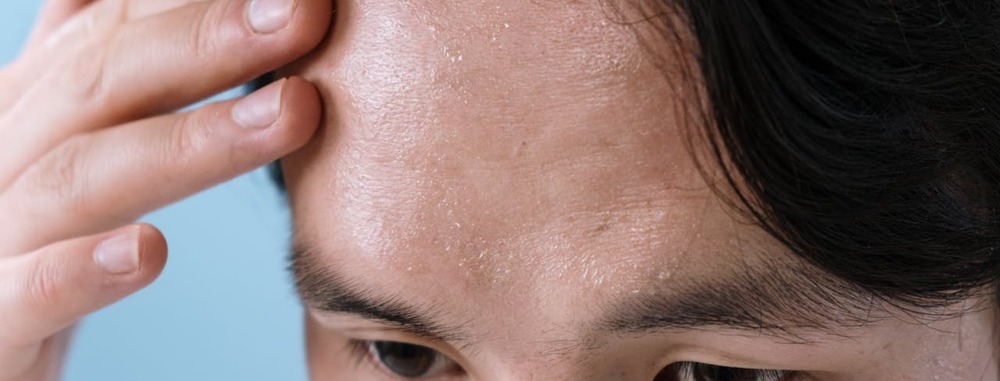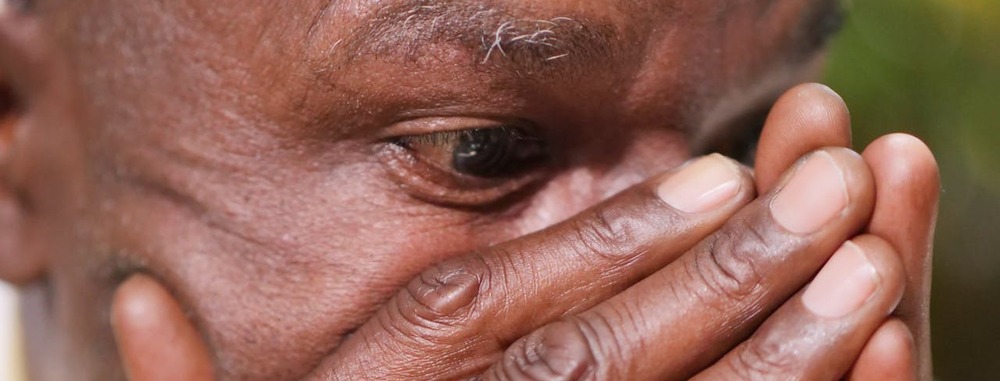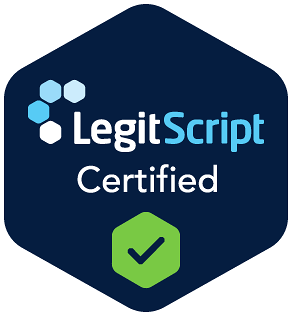Alcohol withdrawal can be one of the most physically and emotionally complex parts of beginning recovery. Symptoms like anxiety, insomnia, irritability, nausea, and even dangerous complications can make it hard to stop drinking without support.
While professional medical detox is the safest and most effective way to manage withdrawal, some individuals also seek natural aids to ease their symptoms.
In this article, we’ll explore some of the most commonly recommended supplements to ease alcohol withdrawal, how they may help, and why professional supervision through Colorado Medication Assisted Recovery (CMAR) is essential for safe, successful detox.
Why Supplements Are Sometimes Used During Alcohol Withdrawal
During prolonged alcohol use, the body becomes depleted of key vitamins and minerals. Alcohol impacts nutrient absorption, damages organs, and disrupts normal brain function.
When a person stops drinking, restoring these depleted nutrients can help support the body’s natural healing process.
Supplements to ease alcohol withdrawal are not a cure or replacement for professional medical treatment, but they may assist with:
- Reducing symptom severity
- Supporting brain and nervous system health
- Improving sleep and energy levels
- Promoting overall physical recovery
It’s essential to consult with a medical professional before starting any supplement regimen, especially during detox.

Common Supplements to Ease Alcohol Withdrawal
Here are some of the most recommended supplements to ease alcohol withdrawal symptoms:
1. B Vitamins (especially B1, B6, B12)
Alcohol severely depletes B vitamins, which are essential for brain function, nerve health, and energy levels.
- Thiamine (Vitamin B1): Prevents Wernicke-Korsakoff Syndrome (alcohol-related brain damage)
- Vitamin B6: Supports mood regulation
- Vitamin B12: Aids in nerve function and energy production
Many professional detox programs, including those at CMAR, include B-vitamin therapy as part of comprehensive care.
2. Magnesium
Magnesium levels often drop during heavy alcohol use, leading to muscle cramps, anxiety, and sleep disturbances.
- Supports muscle relaxation
- Reduces anxiety and irritability
- Improves sleep quality
3. L-Glutamine
L-Glutamine is an amino acid that can help stabilize blood sugar and reduce cravings.
- It may help reduce alcohol cravings
- Supports gut and immune health
4. Omega-3 Fatty Acids
Chronic alcohol use damages brain cells and increases inflammation. Omega-3s help repair and protect brain function.
- Reduces inflammation
- Supports mood stabilization and brain healing
5. Vitamin C
Vitamin C boosts the immune system, helps repair tissues, and combats oxidative stress caused by alcohol.
- Strengthens immune defenses
- Promotes tissue and liver healing
6. Zinc
Zinc is another mineral commonly depleted in individuals with alcohol use disorder.
- Supports immune function
- Aids in wound healing and digestive health
Important Warning: Supplements Are Not a Substitute for Medical Detox
While these supplements to ease alcohol withdrawal can support physical recovery, alcohol withdrawal itself can be dangerous, even life-threatening.
In some cases, withdrawal can lead to seizures, severe dehydration, heart complications, or delirium tremens (DTs), a potentially fatal condition.
Only a licensed medical team can provide:
- Safe management of severe withdrawal symptoms
- Medications to prevent seizures and severe complications
- 24/7 monitoring (outpatient or inpatient as needed)
- Structured transition into ongoing addiction treatment
At CMAR, our outpatient detox program combines medical expertise, Medication-Assisted Treatment (MAT), therapy, and holistic support to safely guide individuals through alcohol withdrawal—much more effectively than supplements alone.

How CMAR Supports Safe Alcohol Detox
At Colorado Medication Assisted Recovery, we provide comprehensive outpatient withdrawal management programs, including:
- Medication-Assisted Treatment (MAT): To minimize cravings and withdrawal symptoms using FDA-approved medications like Vivitrol and Antabuse.
- Nutritional Support: Professional guidance on restoring vitamins and minerals critical for healing.
- Therapy and Counseling: Emotional support to address anxiety, depression, and trauma often triggered during withdrawal.
- Medical Monitoring: Regular check-ins and adjustments to your recovery plan as your body heals.
We understand that every recovery journey is unique, and we tailor treatment to fit your physical, emotional, and lifestyle needs.
Start Your Safe, Supported Recovery Today
If you or a loved one is considering alcohol detox, remember: while supplements to ease alcohol withdrawal can support recovery, they are not a replacement for professional care.
At CMAR, our experienced clinical team provides outpatient detox programs designed to help you recover safely, comfortably, and successfully.
Don’t risk your health by trying to detox alone. Get the compassionate, expert care you deserve.
Contact Colorado Medication Assisted Recovery today to verify your insurance, schedule a confidential assessment, and take the first step toward a healthier, alcohol-free life.
















 Medication-Assisted Treatment (MAT): We offer FDA-approved medications to support recovery from opioid and alcohol use disorders.
Medication-Assisted Treatment (MAT): We offer FDA-approved medications to support recovery from opioid and alcohol use disorders. 














